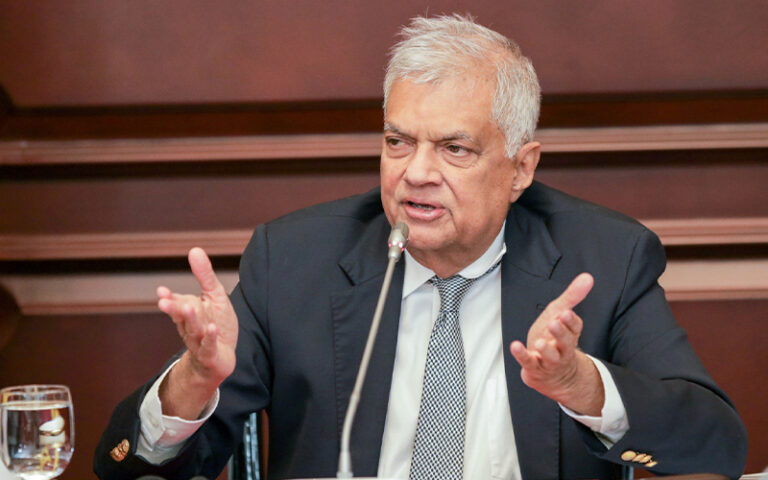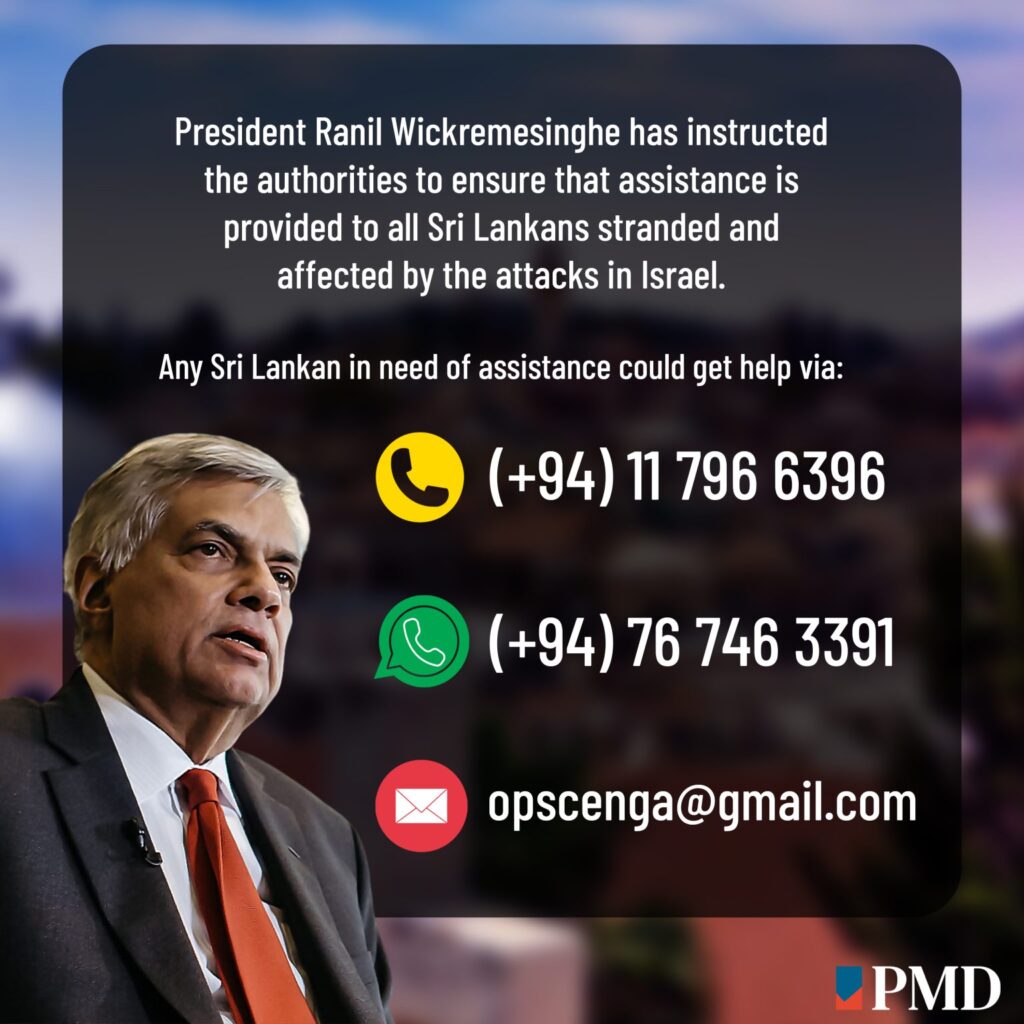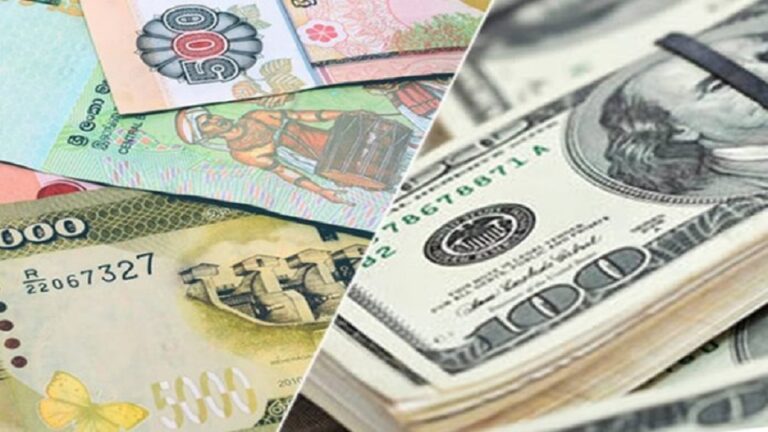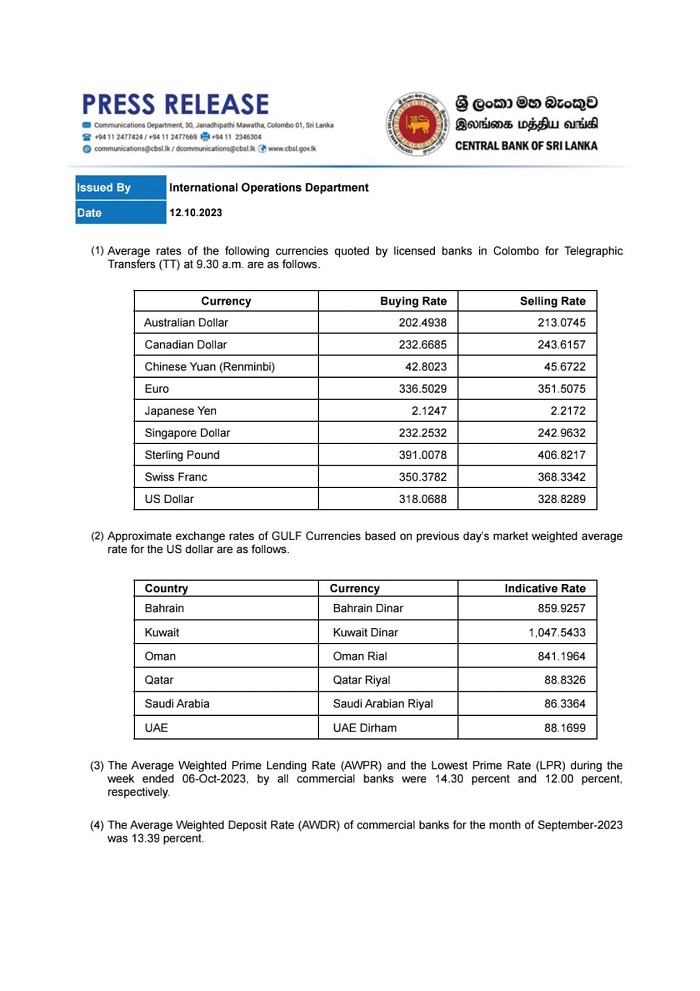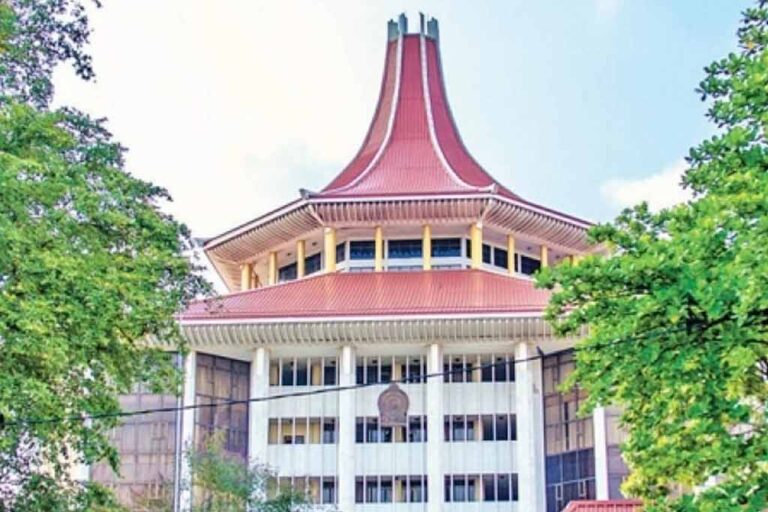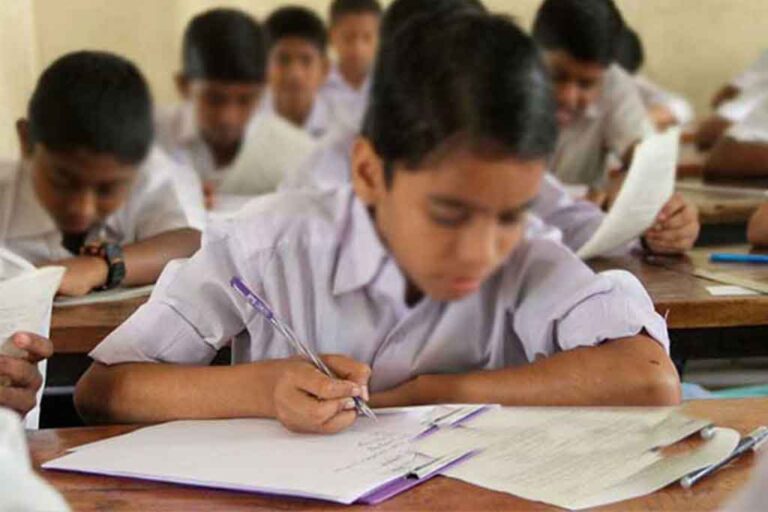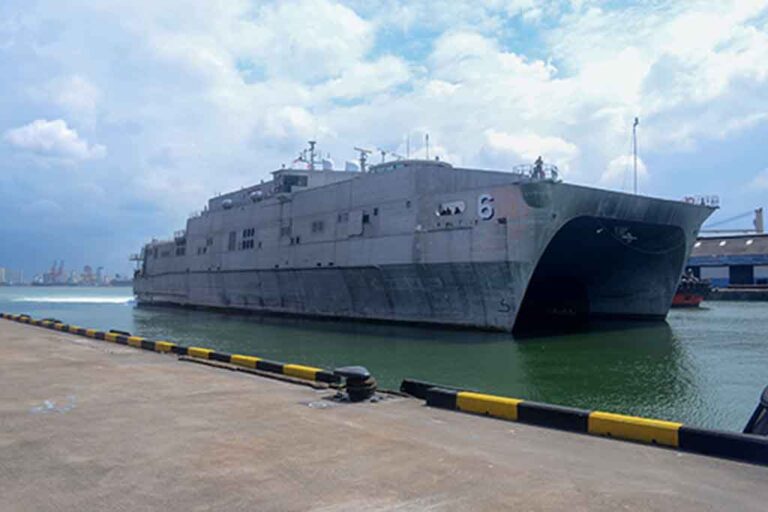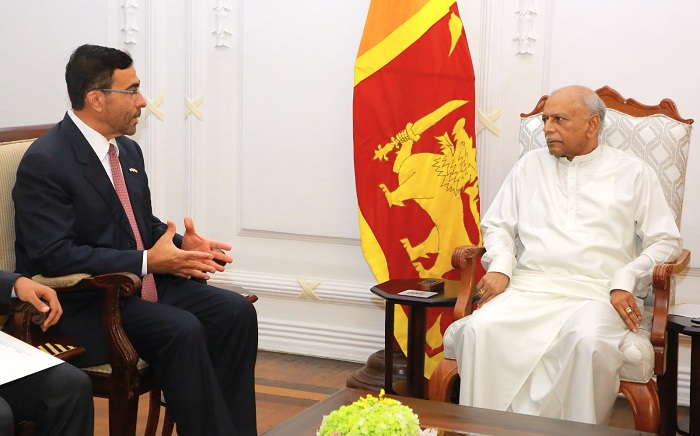Colombo (LNW): The Colombo High Court today (12) sentenced nine Iranians to life imprisonment over the possession and trafficking of narcotics off the Sri Lankan coast four years ago.
In 2019, the Iranian nationals were apprehended on their fishing vessel with more than 100 kg of heroin, valued at over Rs. 1 billion. Subsequent reports at the time had claimed that an additional 500 kg of heroin had also been discarded in the ocean.
High Court Judge Amal Ranaraja delivered the life sentences after the accused admitted their guilt before the start of the evidentiary hearing on the matter today.
Furthermore, the High Court Judge decreed that the convicts should be extradited to Iran to serve their sentences, in compliance with the international treaty signed by Sri Lanka.
This verdict was produced after the defence solicitors confirmed that all the defendants had accepted the charges against them.




